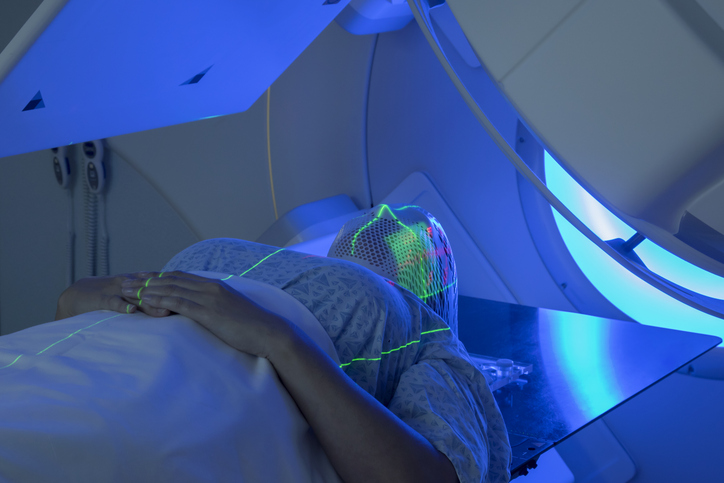
Here are the top stories covered by DocWire News this week in the Hematology/Oncology section. This edition includes bad news if you like red meat, an announcement of the U.S. Food and Drug Administration (FDA) approval of BALVERSA™ (erdafitinib) for bladder cancer, and conflicting study results about the role of vitamin D in cancer care.
Consuming red and processed meat at an average level of 76 g/d, under government recommended daily consumption, was associated with an increased risk of colorectal cancer (CRC), according to a study published in the International Journal of Epidemiology. Compared with those who reported eating 21 g/day (the approximate equivalent of a slice of ham) of red and processed meat, those who reportedly consumed an average of 76 g/day (the approximate equivalent of a quarter-pound beef burger) had a 20% higher risk of CRC (95% CI, 4-37). The researchers did not observe any correlation with CRC risk for the following items: fish, poultry, cheese, fruit, vegetables, tea, and coffee.
The FDA approved erdafitinib (BALVERSA™) for the treatment of adults with metastatic locally advanced or metastatic FGFR3– or FGFR2-positive bladder cancer that has progressed during or following prior platinum-containing chemotherapy. The approval was based on results of a multicenter, open-label, single-arm, phase II clinical trial that observed an overall response rate of 32.2% (95% CI, 22.4-42.0).
Two studies published in JAMA found conflicting results on the benefits of taking high-dose vitamin D supplementation to improve CRC and gastric cancer survival. The AMATERASU trial found that relapse or death occurred in 50 patients (20%) in the vitamin D cohort and 43 patients (26%) in the placebo group. Meanwhile, the SUNSHINE trial found that the median progression-free survival (primary endpoint) for high-dose vitamin D3 was 13 months (95% CI, 10.1–14.7) versus 11 months with standard-dose vitamin D3 (95% CI, 9.5–14.0; log-rank P=0.07).
Insomnia is common in cancer survivors, and a recent study published in Sleep Medicine found that approximately half of patients with cancer have symptoms of insomnia that may persist for up to a year after treatment. Insomnia is particularly prevalent in women. The prevalence of insomnia symptoms was high: 49.4% of participants had symptoms of insomnia, and 12.8% had a verified clinical diagnosis of insomnia.







 © 2025 Mashup Media, LLC, a Formedics Property. All Rights Reserved.
© 2025 Mashup Media, LLC, a Formedics Property. All Rights Reserved.